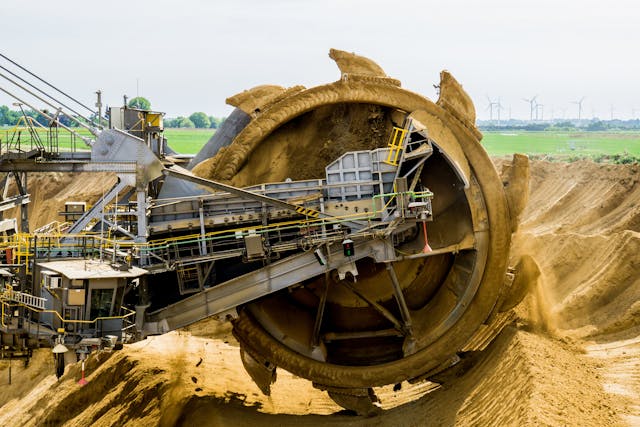Beijing’s Move Triggers Urgent Talks Among EU Leaders
The European Union is formulating a joint response after China broadened export restrictions on rare-earth minerals that power many of Europe’s key industries. The updated policy, detailed in Announcement No. 61 from Beijing, expands licensing rules to include rare-earth elements such as erbium, thulium, holmium, europium, and ytterbium. During meetings on 14 October 2025, EU Trade Commissioner Maroš Šefčovič said the bloc would work with G7 nations to protect industrial production and ensure that global supply lines remain stable.
China’s Control Over Critical Materials Exposes EU Weakness
Beijing’s dominance in the refining and processing of rare earths—covering more than 80 percent of worldwide capacity—has long been seen as a structural vulnerability for Europe. The new export curbs, which take effect on 1 December 2025, could heighten supply risks for European producers of renewable energy technology, electric vehicles, and advanced weapon systems. Economists and analysts warn that such measures may increase production costs and delay industrial projects. European officials have been urging greater investment in recycling programs, domestic extraction, and strategic partnerships with suppliers in Africa and northern Europe to reduce reliance on Chinese materials.
EU Turns to Diplomacy and Legal Channels Before Trade Measures
Brussels is prioritizing coordinated diplomacy rather than rushing into retaliatory action. Officials are reviewing potential options under World Trade Organization rules while engaging with allies in the United States, Japan, and Canada to align a collective response. Lars Løkke Rasmussen, Denmark’s foreign minister and current chair of the EU Council presidency, said China’s export policy is “a test of Europe’s capacity to act together in defense of its economic sovereignty.” The European Commission is expected to unveil a comprehensive strategy before the end of the year, outlining steps to strengthen supply security and reduce long-term dependence on Chinese-controlled minerals.

